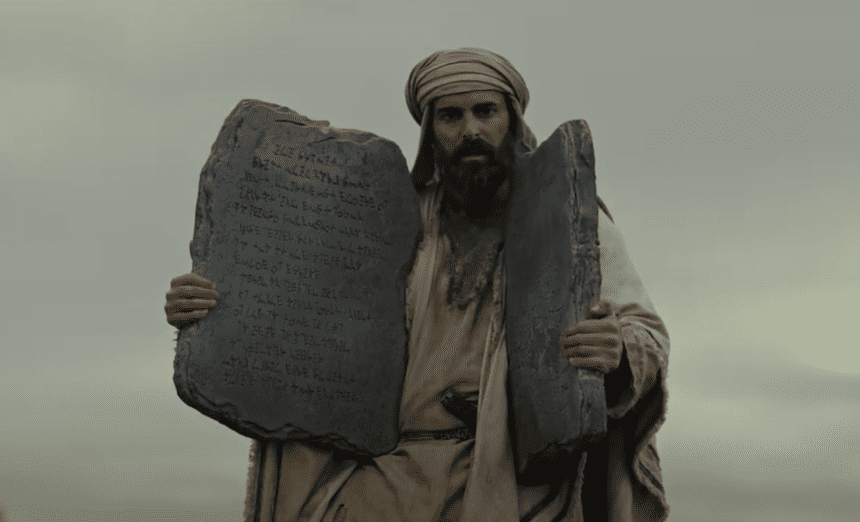
Netflix’s newest faith-based docudrama, “Testament: The Story of Moses,” seeks to shed light on the inner life and personal struggles of the iconic biblical figure, elements often overshadowed in traditional retellings of his story, in an effort to spark meaningful discussions about the human condition, according to showrunners. Kelly McPherson, the executive producer of the series, told The Christian Post, “I think of ‘Prince of Egypt’ or ‘Ten Commandments,’ and those are all great films, but it seems like Moses is almost presented as superhuman.”
She continued, “Put yourself in his shoes; there’s a burning bush and it tells you to go do something which is virtually impossible to do. We liked the idea of, ‘How did he find the wherewithal to do this?’ Obviously, he was inspired by God, but how did he find the courage to do this? We liked the fact that he was a person with flaws; he had to overcome a lot and what was, by many accounts, a tragic childhood. We liked making him more human. He does things that are super heroic, yes, but there was a side of him that was very, very human and very, very flawed at the same time.”
Executive producer Emre Sahin added, “There’s the epic, there’s the big scale, there’s all that side of it, but then what’s the human side? What was that experience like? That’s what we wanted to examine.” The three-part docuseries, narrated by Charles Dance, features perspectives from Muslims and Christian leaders, along with Jewish rabbis and experts, to delve into the background and history of Moses. McPherson told CP, “Most of the accounts were more similar than what we thought from different faith backgrounds. But we really tried to let Moses’ motivations drive the story. He kind of transcends any one religion or set of beliefs. He’s beloved by all these different religions.”
The initial episode, titled “The Prophet,” delves into Moses’ early life as an Egyptian prince and his subsequent journey to the land of Midian following the killing of an Egyptian taskmaster. In “The Plagues,” viewers witness Moses’ efforts to persuade Pharaoh to release the Hebrews and the series of calamities unleashed by God upon the stubborn ruler. The third episode, titled “The Promised Land,” focuses on events leading up to Moses’ bestowal of the Ten Commandments.
Woven throughout the narrative are dramatizations of the Old Testament hero’s life, including the biblical accounts of how he killed an Egyptian taskmaster and fled, his encounter with the burning bush, the occasion in which he threw down his staff, turning it into a snake, and his relationship with his wife, Zipporah. Though the perspectives of various religions are shown throughout the series, Moses’ connection to the coming Christ is mentioned throughout, most frequently by Tom Kang, lead pastor of NewStory Church in Los Angeles.
“Testament: The Story of Moses” comes amid a renewed interest in faith-based projects, and particularly those dramatizing biblical stories, as demonstrated by the success of “The Chosen.” McPherson said, “Bible stories are some of the most amazing stories ever told, and they’re archetypes for all stories, even in the secular world. They’re the basis for so many of the stories that people tell. We wanted people to be drawn in and moved and entertained, but we also wanted the story to be inspiring.”
